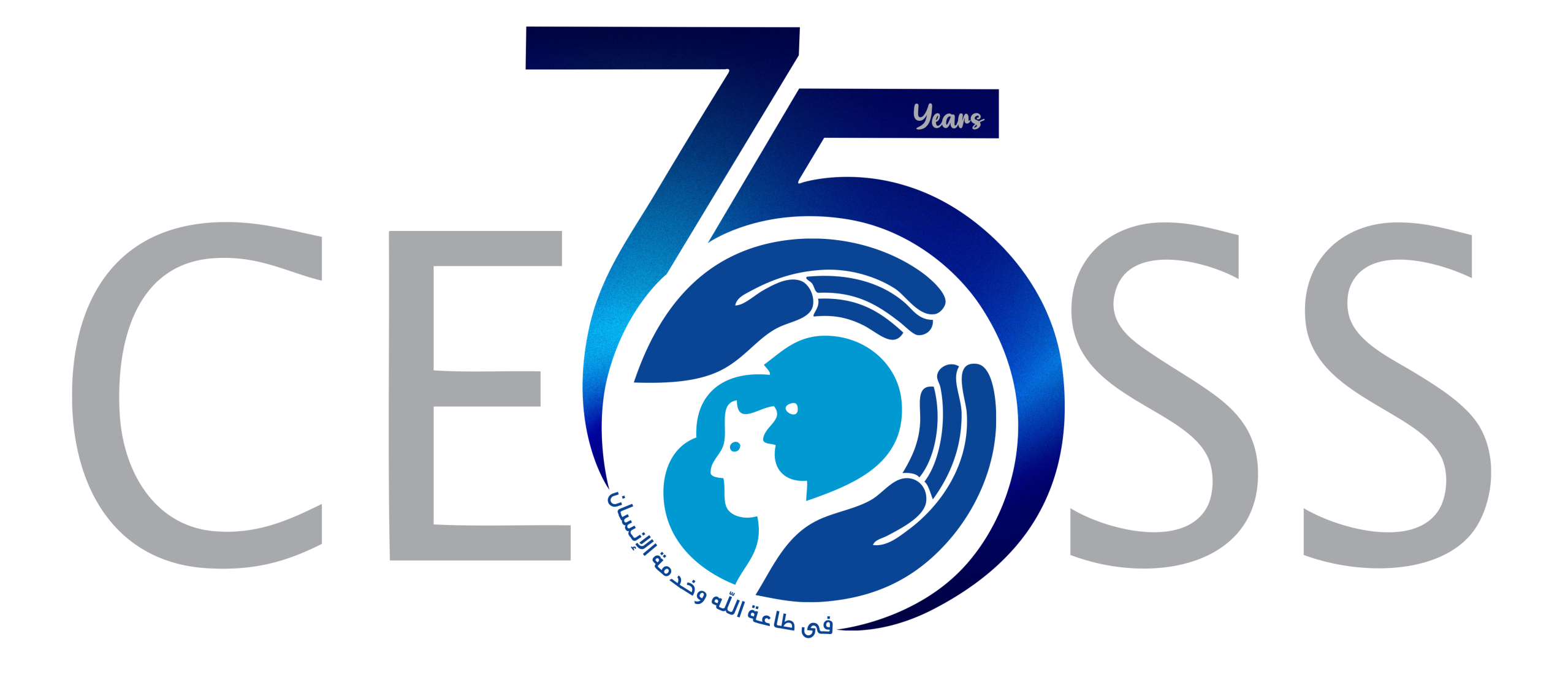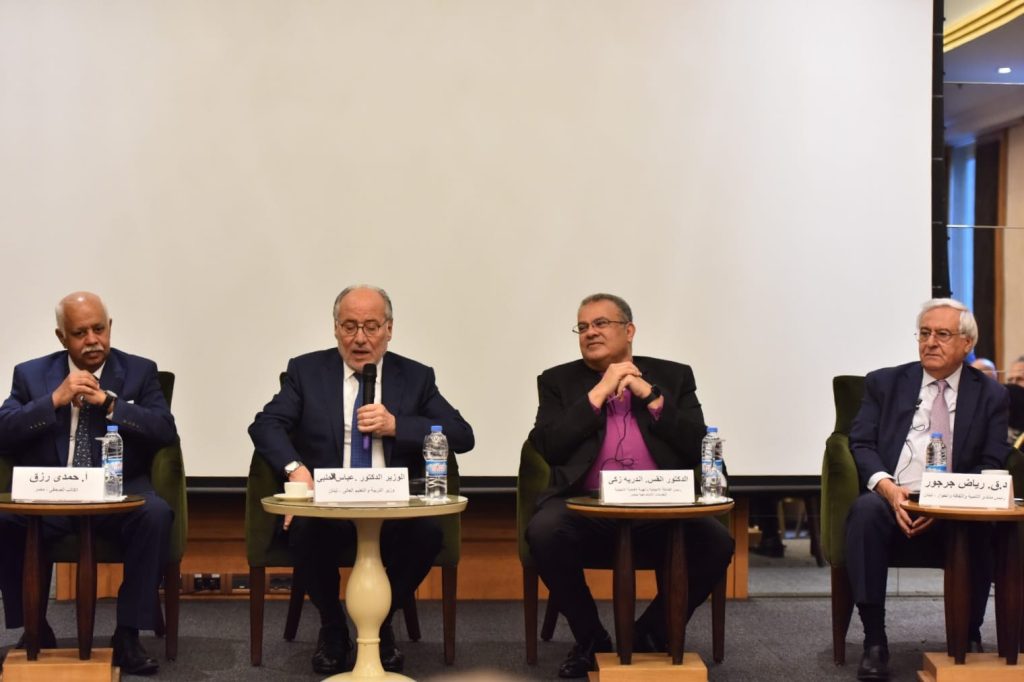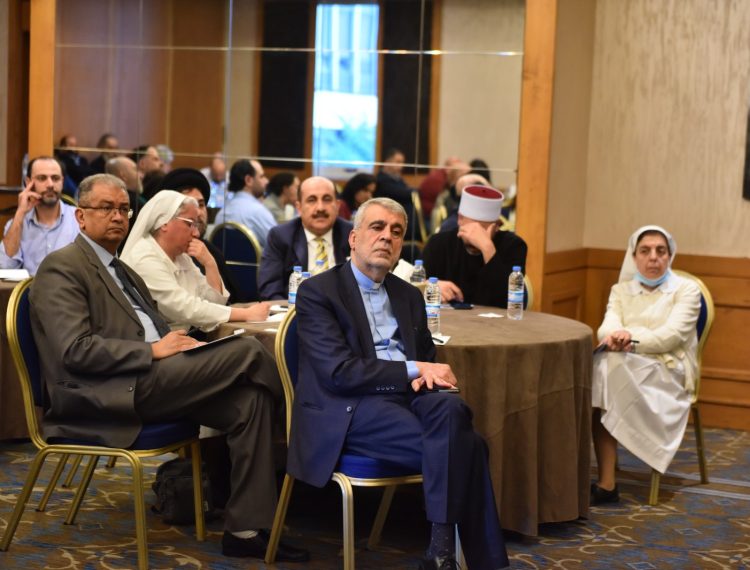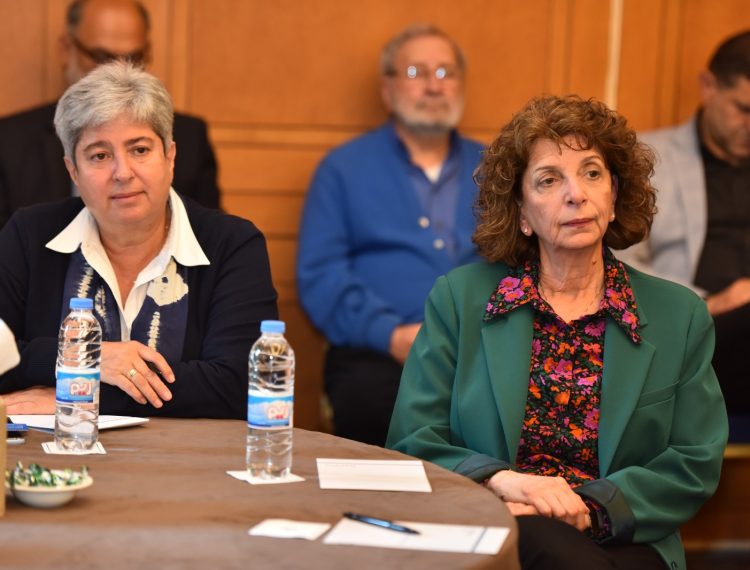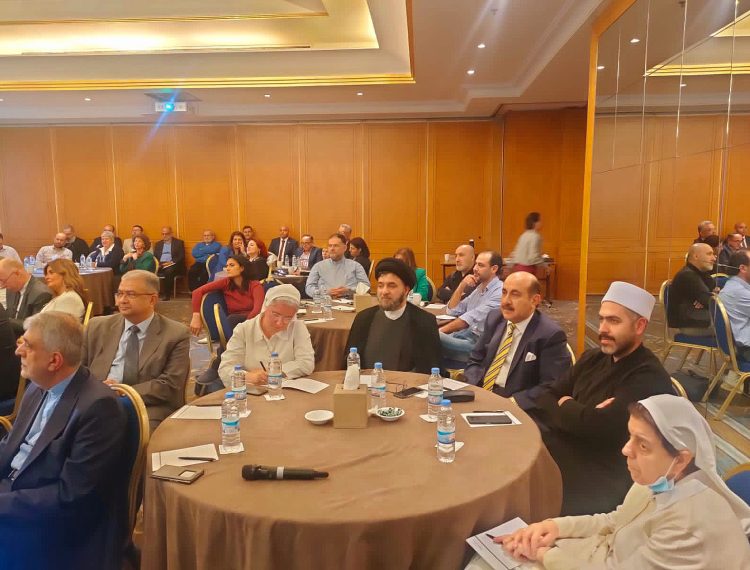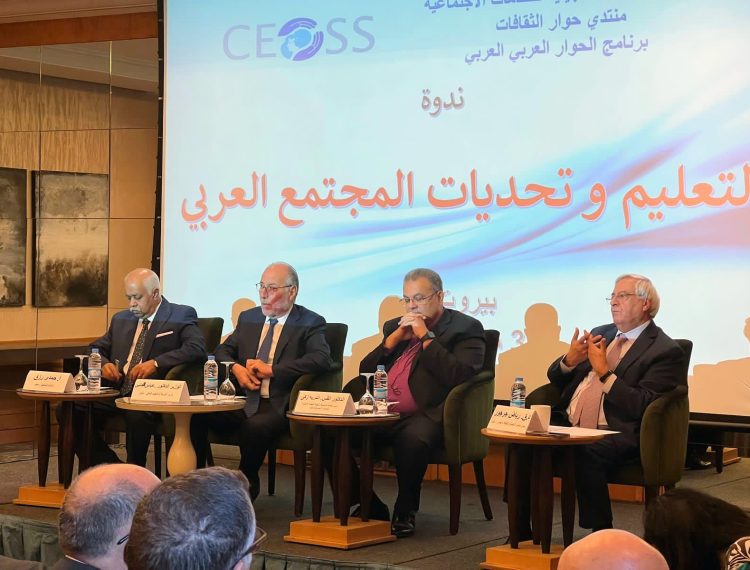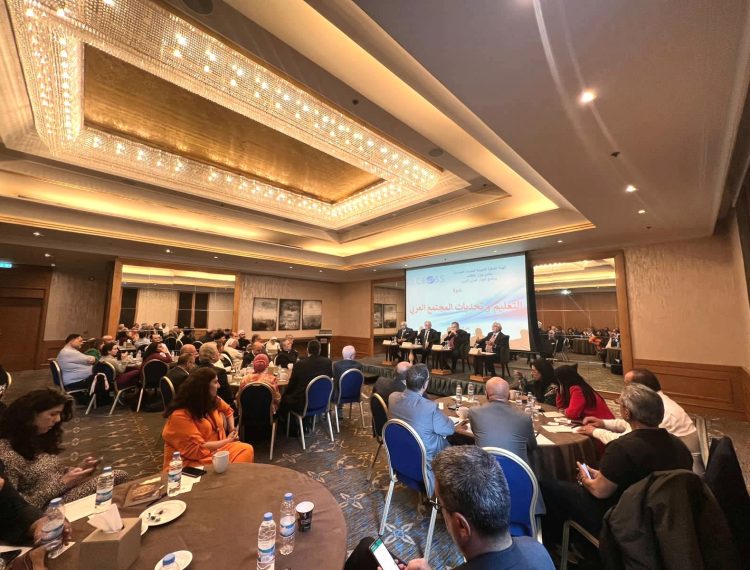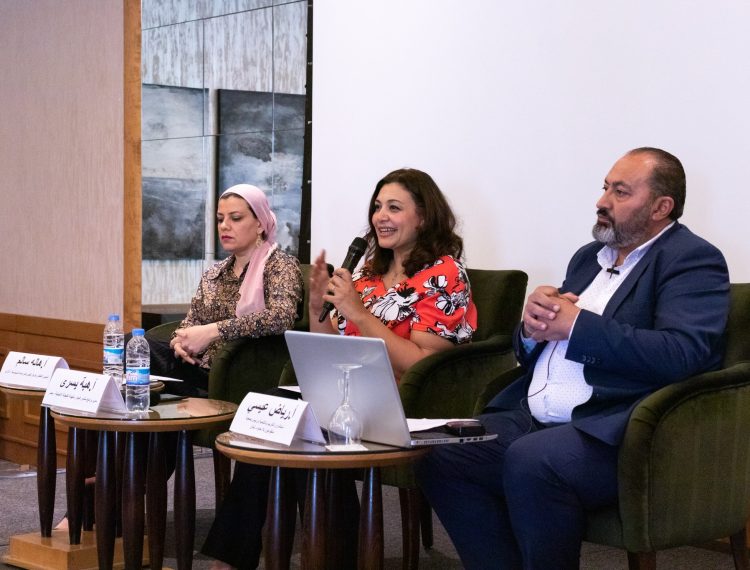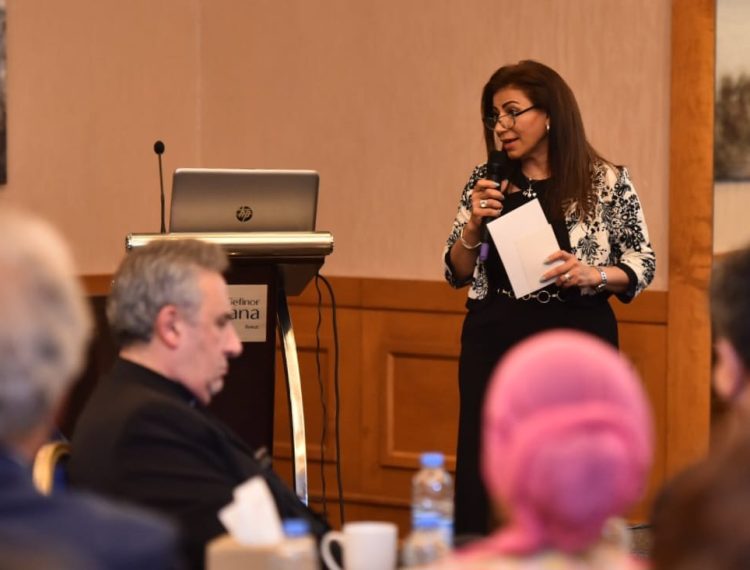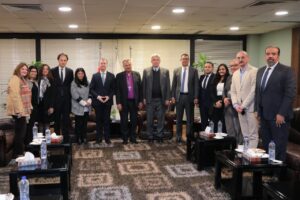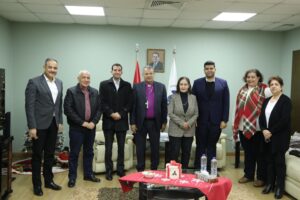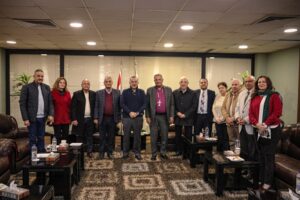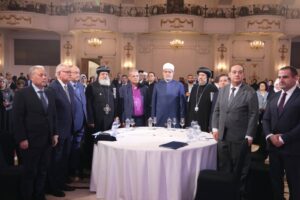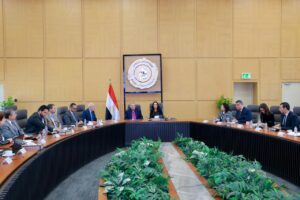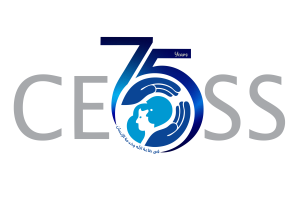The head of the Evangelical organization concluded an Arab dialogue tour in Beirut with the participation of a number of Arab intellectual leaders. The Evangelical Dialogue Forum concluded the activities of the “Arab Community of Risks and Human Solidarity” conference. The Lebanese Minister of Education participated with the Evangelical organization in the Arab dialogue tour to discuss the challenges of education in Arab society. The head of the Evangelical organization stated that:
- Confronting risks and challenges through spreading a culture of diversity and pluralism is a shared task between the religious institution, educational institutions, and civil society organizations.
- Education is one of the main factors in confronting risks and the revival of societies.
- Educational systems in our changing world must be flexible in their structure, paths, and curricula.
- The Evangelical organization plays a great national role in improving the lives of the needy and providing educational and health services, in addition to raising cultural awareness and encouraging non-discriminatory dialogue.
- “Productive education” is capable of confronting the challenges in our Arab communities and is based on ensuring continuity and quality.
